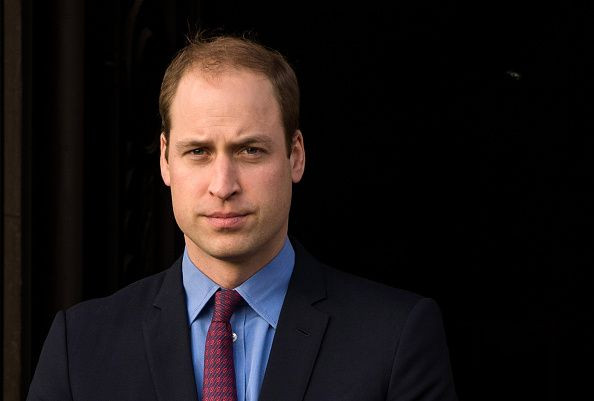How Prince William Had Power To Forever Change Monarchy

He will one day be the King of England and may have the power to help bring about modernization and change in the monarchy, but prior to his marriage to Kate Middleton, Prince William could have made a decision that would have impacted the future of the royal family well before his time as reigning monarch.
According to the 2006 book “King and Country, Monarchy and the future King Charles III,” by Robert Blackburn, back before Prince William married Kate Middleton, there hadn’t been much attempt to change the 1701 Act which forbade the monarch or any heirs from marrying someone of the Catholic faith, but considering how Prince William was so popular, had he fallen in love with a woman who was Catholic, he may have been the catalyst for that change to ensure he wouldn’t have to give up his claim to the throne.
“The enthusiasm and high regard in terms of support, endearment and celebrity that Prince William has acquired in the popular imagination will be a significant factor,” Blackburn wrote at the time. “This could prove an instrument for reform itself. For example, if by fortune or chance it happened that William’s personal faith or romantic liaisons with a Catholic stood to disqualify him from success to the throne, it is extremely likely there would be a public outcry.”
As such, Blackburn noted that it would likely force changes to the 1701 Act because the monarchy wouldn’t want to risk the public embarrassment of removing a popular heir from the line of succession. However, when he wound up choosing to marry Middleton, any concerns of that possibly happening were squashed, since the Duchess of Cambridge was baptized into the Church of England when she was born.
Thankfully, while this had been a potential concern for Prince William before his marriage, it is no longer an issue facing the future monarchs who come after him, like his own heir, Prince George. With the Success to the Crown Act of 2013, which allowed for Princess Charlotte to retain her place in the line of succession and not be moved further down the line behind her younger sibling, Prince Louis, simply because she was female, change came that is somewhat more lenient on the ideas of Catholicism in the royal family.
Prince George and any other heirs are now free to marry a Catholic without losing their place in the line of succession, but they may not convert to the religion themselves or raise their children in the Catholic faith.
The Succession Act of 2013 also gave more freedom to those in the line of succession who fall below the top six spots in line for the throne. While those who are in those spots (currently Prince Charles, Prince William, Prince George, Princess Charlotte, Prince Louis and Prince Harry) are all required to ask permission from a reigning monarch before they marry, anyone who falls below that (including Princesses Eugenie and Princess Beatrice, as well as Prince Harry’s own son, Archie Harrison), are no longer required to seek permission before marrying and are free to wed whomever they wish.
That part of the act reportedly has had some effect on whether or not the Duke and Duchess of Cambridge choose to have any other children, as they allegedly don’t want some of their kids to be forced to live under different rules than the others, and as their kids age, the chance of that happening increases if they produce any more heirs.
© Copyright IBTimes 2024. All rights reserved.





















